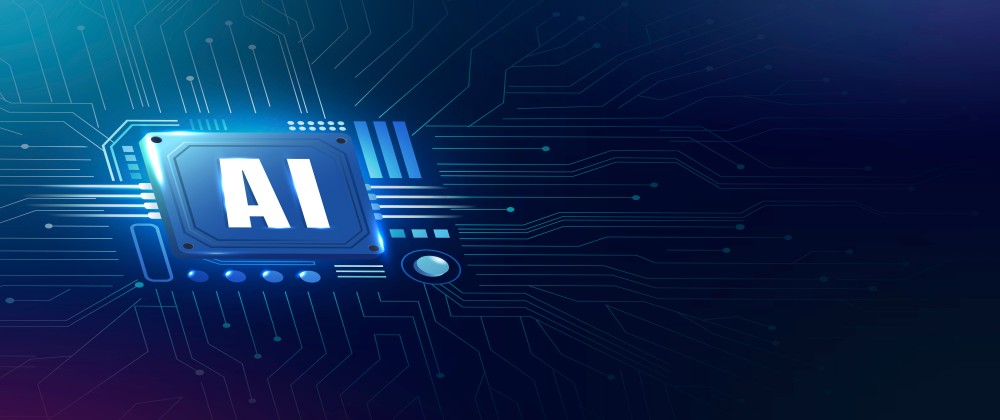The healthcare industry has consistently been at the forefront of adopting technology to enhance patient outcomes and optimize operations. In recent years, mobile computers have emerged as one of the most powerful tools driving digital transformation in hospitals, clinics, and other care facilities. These devices are not just about mobility—they are about giving healthcare professionals immediate access to the right data, at the right time, to make informed decisions.
From patient admissions to bedside care, diagnostics, pharmacy, and billing, mobile computers are helping healthcare providers eliminate bottlenecks, reduce errors, and deliver more efficient services. In this blog, we’ll explore how mobile computers are reshaping healthcare by enhancing patient care and improving data access.
What Are Mobile Computers in Healthcare?
Mobile computers are handheld or portable devices specifically designed to handle professional tasks such as data collection, communication, and real-time access to information. Unlike consumer smartphones or tablets, healthcare-grade mobile computers are designed with rugged features, disinfectant-ready casings, and advanced capabilities such as barcode scanning, RFID, and secure wireless connectivity.
In a hospital setting, these devices can be used by doctors, nurses, pharmacists, lab technicians, and administrative staff to access patient records, scan medications, update charts, and communicate across departments—all from a single device.
Why Data Access Matters in Healthcare
Access to accurate, real-time data is at the heart of effective healthcare delivery. Inaccurate or delayed information can lead to:
- Misdiagnosis or delayed diagnosis
- Medication errors
- Increased administrative costs
- Reduced patient satisfaction
- Compliance issues with healthcare regulations
Mobile computers ensure that critical data is accessible wherever it’s needed—whether at a patient’s bedside, in the pharmacy, or during an emergency response.
Benefits of Mobile Computers in Healthcare
1. Improved Patient Safety
One of the most important benefits of mobile computers is their role in reducing errors. Nurses and doctors can use these devices to scan patient wristbands, verify medication details, and cross-check prescriptions against medical records. This prevents dangerous mix-ups and ensures the “five rights” of medication administration—right patient, right drug, right dose, right route, and right time.
2. Real-Time Access to Electronic Health Records (EHRs)
Mobile computers give healthcare professionals instant access to EHRs at the point of care. Instead of walking back to a central workstation, doctors and nurses can view medical history, lab results, allergies, and treatment plans on the spot. This leads to quicker decision-making and improved collaboration among care teams.
3. Streamlined Communication
In fast-paced healthcare environments, communication is critical. Mobile computers enable secure messaging, alerts, and updates across teams. Whether it’s a lab result update or a critical emergency alert, the right information reaches the right person instantly.
4. Efficiency in Workflows
From admissions to discharge, mobile computers cut down repetitive paperwork and manual data entry. Staff can scan barcodes, capture signatures, and update digital forms in real time, reducing administrative burden and allowing more time for patient care.
5. Enhanced Patient Experience
When healthcare staff spend less time searching for information and more time interacting with patients, the overall care experience improves. Patients receive quicker responses to their needs, more accurate treatment, and greater confidence in the healthcare system.
6. Regulatory Compliance and Data Security
Healthcare is a highly regulated industry with strict data protection standards such as HIPAA (in the U.S.) and GDPR (in the EU). Mobile computers built for healthcare come with secure authentication, data encryption, and access controls to ensure sensitive patient information remains protected.
Use Cases of Mobile Computers in Healthcare
1. Bedside Care
Nurses can scan patient wristbands and medications at the bedside to confirm treatment plans. This ensures medication accuracy and allows real-time updates to patient charts.
2. Pharmacy Operations
Pharmacists use mobile computers to scan prescriptions, verify drug information, and manage stock levels. Automated checks reduce dispensing errors and ensure the timely delivery of medicines.
3. Laboratory Management
In diagnostic labs, technicians can scan sample barcodes, track tests, and upload results directly into the hospital’s EHR system, reducing delays and eliminating manual errors.
4. Emergency Response
Paramedics and emergency staff can access patient records en route to hospitals, enabling them to provide immediate, informed care during critical moments.
5. Inventory and Asset Management
Mobile computers help hospitals manage medical supplies, equipment, and medication stock more efficiently. Automated tracking prevents shortages and improves supply chain visibility.
Key Features to Look for in Healthcare Mobile Computers
When choosing mobile computers for healthcare environments, organizations should consider the following features:
Disinfectant-Ready Housing – Designed to withstand frequent cleaning with hospital-grade disinfectants.
Integrated Barcode/RFID Scanning – For quick identification of patients, medications, and supplies.
Long Battery Life – To support long shifts without interruptions.
Rugged Design – Resistant to drops, spills, and daily wear in demanding environments.
Secure Connectivity – Fast, reliable, and encrypted connections to hospital systems.
Compliance Certifications – Devices should meet healthcare regulations and data security requirements.
Challenges in Adopting Mobile Computers in Healthcare
While mobile computers offer significant benefits, healthcare organizations may face challenges such as:
High Initial Investment – Healthcare-grade devices can be costlier than consumer devices.
Integration with Legacy Systems – Ensuring compatibility with existing hospital management software and EHR systems.
Staff Training – Employees need training to use devices effectively and securely.
Data Security Risks – Devices must be properly configured to prevent unauthorized access or breaches.
By planning ahead and working with reliable technology partners, these challenges can be minimized.
The Future of Mobile Computing in Healthcare
The future of mobile computers in healthcare looks even more promising. As technology evolves, we can expect:
AI-Powered Decision Support – Assisting doctors with diagnosis and treatment recommendations.
Telemedicine Integration – Allowing mobile devices to support virtual consultations.
Wearable Compatibility – Connecting patient wearables to mobile computers for real-time health monitoring.
Cloud-Based Healthcare Solutions – Faster, more scalable data sharing and storage.
These advancements will continue to push healthcare toward a more connected, patient-centered model.
Final Thoughts
Mobile computers are transforming healthcare by making patient data accessible, secure, and actionable at the point of care. From reducing medication errors to streamlining workflows and enhancing communication, these devices empower healthcare professionals to focus on what matters most—delivering safe, timely, and high-quality care to patients.
As healthcare systems continue to evolve, mobile computers will play a central role in building a smarter, more efficient, and more responsive healthcare environment.






Leave a Reply